Qualitative Presentation Strategies
By Dr. Linda Bloomberg, and hosted by Janet Salmons, Ph.D., Research Community Manager for Sage Methodspace.
Dr. Bloomberg is the author of Completing Your Qualitative Dissertation: A Road Map From Beginning to End. Use the code COMMUNITY3 for a 20% discount when you order her book, valid worldwide until March 31, 2024.
How do you present and share your study’s findings based on your selected research design?
Each qualitative research design encompasses specific ways of addressing a researchable problem; setting up the study; and collecting, analyzing, and presenting data. A researcher must ensure that methods of data presentation will be in alignment with their selected research design.
In this presentation, Linda Bloomberg explains how to think through key questions associated with presentation of findings, and walks through an example that demonstrates ways to align research designs with presentation strategies.
See the whole series!
This is the fourth of a four-part series about qualitative research designs and methods drawn from Completing Your Qualitative Dissertation.
Q1: Design Strategy: How to Choose a Qualitative Research Design
Q2: Data Collection Strategy: How to Choose What Data to Collect from Whom
Linda Dale Bloomberg EdD., currently develops curriculum for qualitative research in graduate online programs for National University, serving as faculty coach, dissertation chair, and doctoral subject matter expert. She formerly served as an adjunct faculty and dissertation advisor in the department of adult learning and leadership at Teachers College, Columbia University, and She also serves as consultant to various research, higher education, and nonprofit advisory boards including The Future Talent Council, and is founder of Bloomberg Associates and ILIAD (Institute for Learning Innovations and Adult Development) and cofounder of Columbia University’s Global Learning and Leadership Institute. As senior researcher for the South African Human Sciences Research Council and National Institute for Personnel Research, Dr. Bloomberg’s work focused on change management; diversity, equity, and inclusion initiatives; and enhanced workplace learning.
She is the author of multiple publications in the fields of qualitative research, organizational evaluation, leadership development, ensuring equitable student success, adult learning, and distance education, and is a contributor to The SAGE Encyclopedia of Educational Research, Measurement, and Evaluation (2018). Her two most recent books include the 5th edition of Completing your qualitative dissertation: A road map from beginning to end (2023) from Sage; and Designing and delivering effective online instruction: How to engage adult learners (2021) from Teachers College Press, Columbia University. This publication was nominated for the 2021 and 2022 Division of Distance Learning (DDL) for the Association of Educational Communications and Technology (AECT), one of the premier international organizations for instructional design and ed-tech. Dr. Bloomberg presents regularly at national and international professional conferences on topics related to diversity initiatives in higher education, adult learning, qualitative research, and dissertation instruction. She holds master’s degrees in counseling psychology, organizational psychology, and education, and is credentialed with the International Coaching Federation (ICF). In 2006, she received her doctorate in adult education and organizational learning from the AEGIS program Columbia University that was established by Jack Mezirow, founder of Transformative Learning theory.
More Methodspace Posts about Academic Writing
Find examples and guidance about collecting data on blogs or vlogs.
by Maria Lahman, Ph.D. and Tyler Kincaid Ph.D., panelists for the How to Do Research and Get Published webinar, “How to write a paper: Qualitative methodology” share their insights.
Conduct a reference search and format your reference section was offered as part of the How to Do Research and Get Published webinar series. Watch the recording and find lots of useful resources in this post.
Find a collection of resources about writing and publishing articles and more!
Learn about research design, doctoral writing, and academic publishing with these posts and recordings from Dr. Linda Bloomberg and Dr. Merle Werbeloff.
Think about your own big picture, and how to paint it. There are many options for sharing ideas and disseminating findings. What will work for you, based on the nature of your research, your findings, and your career goals?
Christina Silver explains why and how to use qualitative data analysis software to manage and analyze your notes, literature, materials, and data. Sign up for her upcoming (free) symposium!
Find tips to help you share your research and numerical findings.
This list of books and articles include a range of discussions about academic and research careers.
Want anyone, whether or not they are associated with an institution that allows them access to an academic library? Learn about open access and how to publish your OA article.
Jessica Lester and Trena Paulus co-edited a December 2023 special issue for the Sage journal, Qualitative Inquiry, “Qualitative inquiry in the 20/20s: Exploring methodological consequences of digital research workflows.” Read the articles and watch a roundtable with contributors. This is the second of two discussions of the special issue.
Jessica Lester and Trena Paulus co-edited a December 2023 special issue for the Sage journal, Qualitative Inquiry, “Qualitative inquiry in the 20/20s: Exploring methodological consequences of digital research workflows.” Read the articles and watch a roundtable with contributors. This is the first of two discussions of the special issue.
Academic writing is not always writing! Pictures and media enliven our writing, and can be important for showing concepts and contexts.
How and why should you argue in academic writing? Learn more from Dr. Alastair Bonnett, author of How to Argue.
This post includes tips about writing qualitative proposals excerpted from Research Design by Creswell and Creswell.
Thinking about research careers and calling: finding the right fit.
What do journal editors want? Read an open-access collection of editorials that offer practical suggestions about how to organize and write an article that will pass the review process and get published.
Safary Wa-Mbaleka, Arceli Rosario, and Anna Cohen Miller discussed opportunities and challenges for global researchers and academic writers in this roundtable discussion.
Don’t get caught by predatory publishers!
Celebrate Academic Writing Month 2023 by getting organized! Find open-access resources to help you avoid being distracted by details and lost files.
Jo VanEvery believes that a writing practice based on the desire to write and enjoyment of the intellectual challenge will produce the outputs you are under pressure to produce. Learn how in this post!
AI can do a lot of things but it cannot do originality. Learn more from Dr. Alastair Bonnett, author of How to Be Original.
In this presentation, Dr. Linda Bloomberg explains how to think through key questions associated with presentation of qualitative findings, and walks through an example that demonstrates ways to align research designs with presentation strategies.
Dr. Linda Bloomberg offers detailed suggestions for getting organized and starting a dissertation or thesis.
Connect or reconnect to the joy of writing with these tips from Dr. Katherine Firth.
How can critical thinking skills help you write more precisely? In this post Dr. Alex Baratta offers some practical tips.
Learn how to design and defend your PhD research with the Idea Puzzle software from Ricardo Morais.
Between 2015 and 2022 Paul Atkinson produced four books about ethnography. How and why did that happen, and what did he want to achieve? Learn about this quartet of books.
Applying an equity focused lens specifically to reporting and dissemination necessitates a careful and deliberate approach. Learn more in this post!

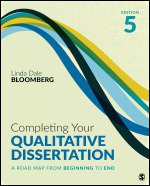




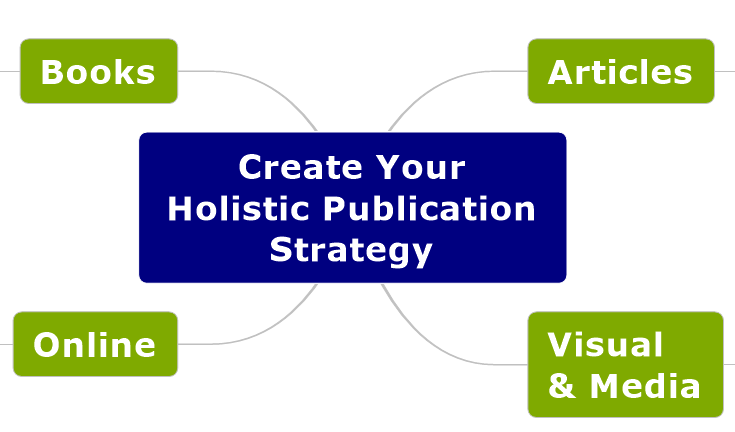

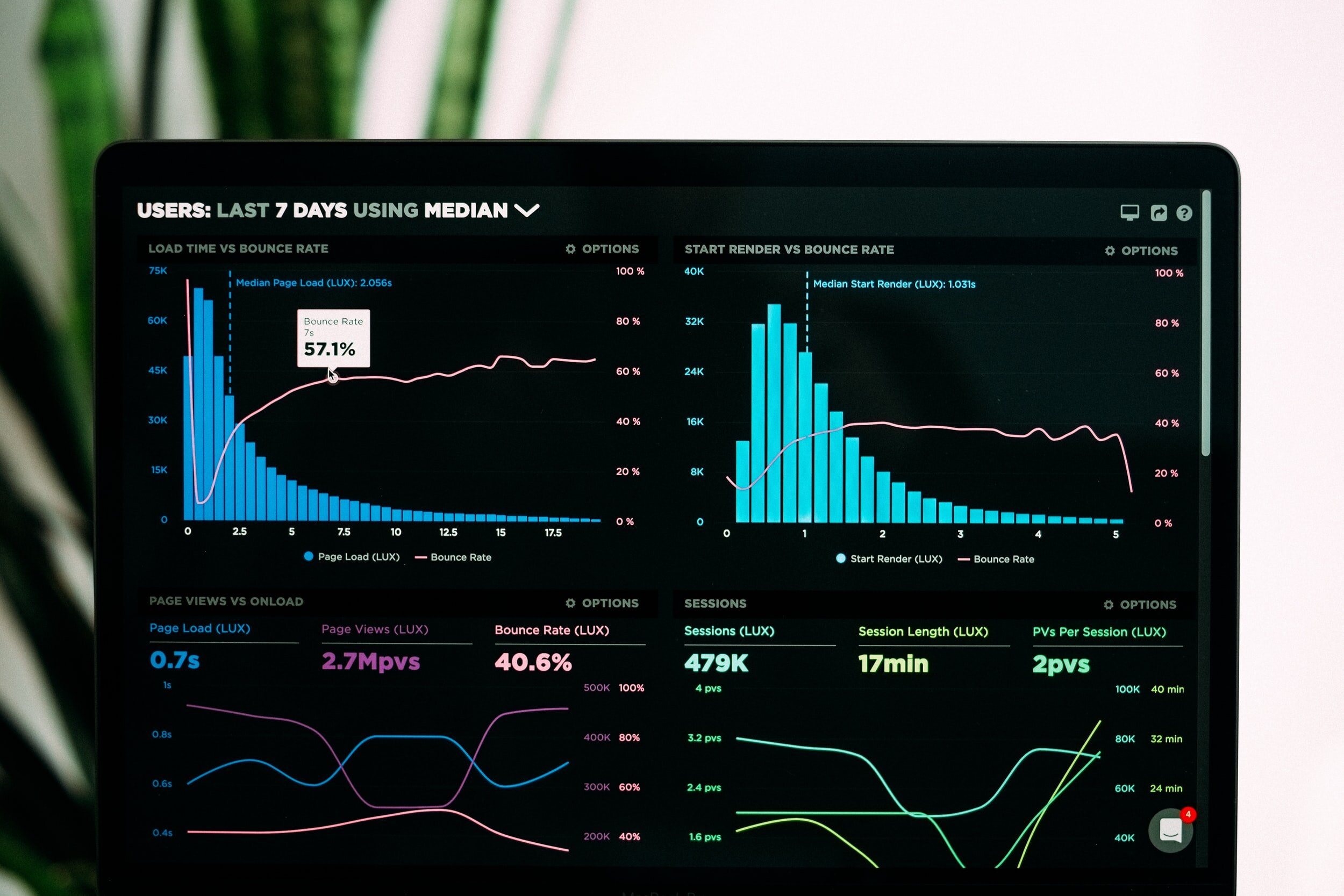













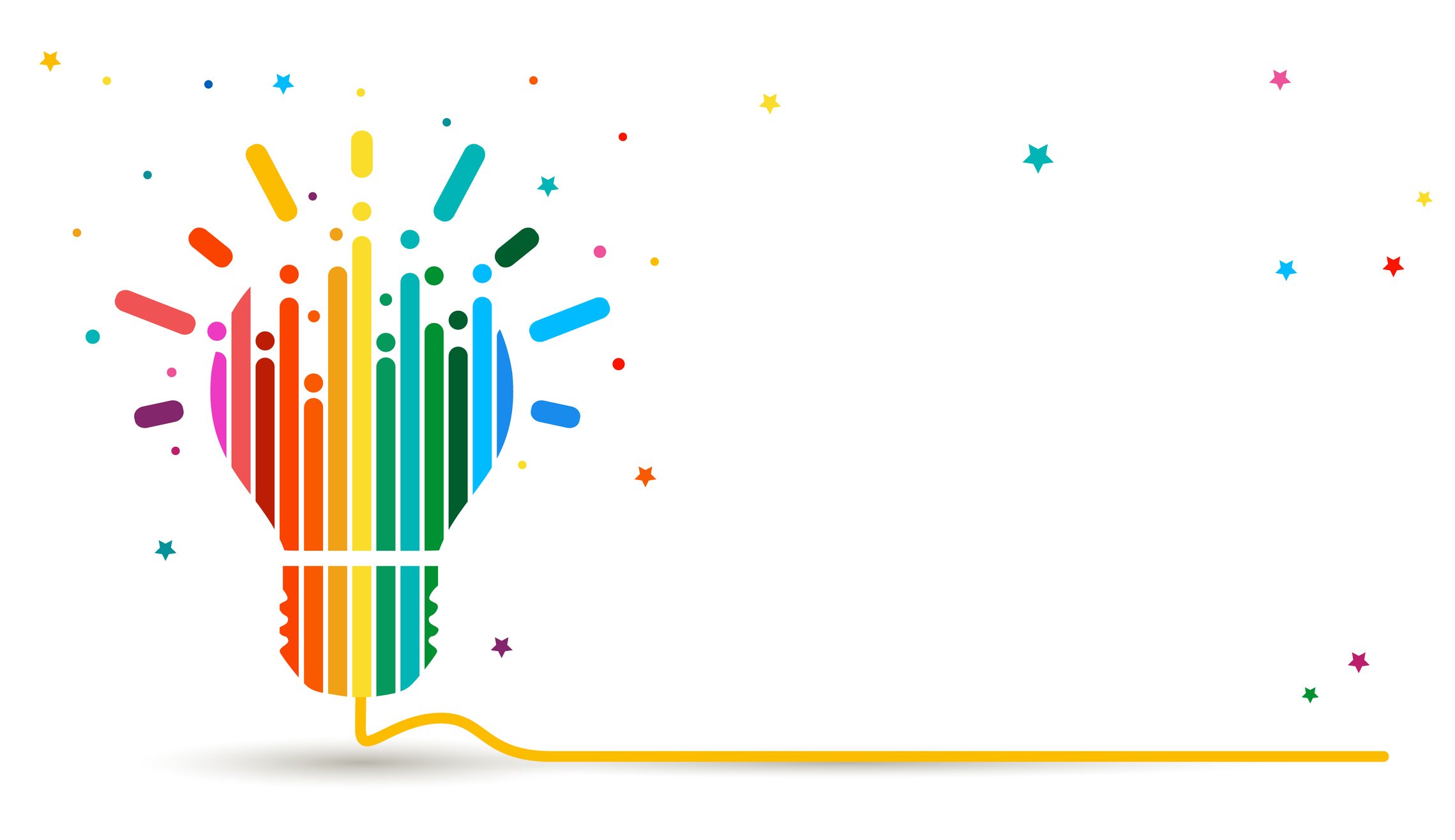




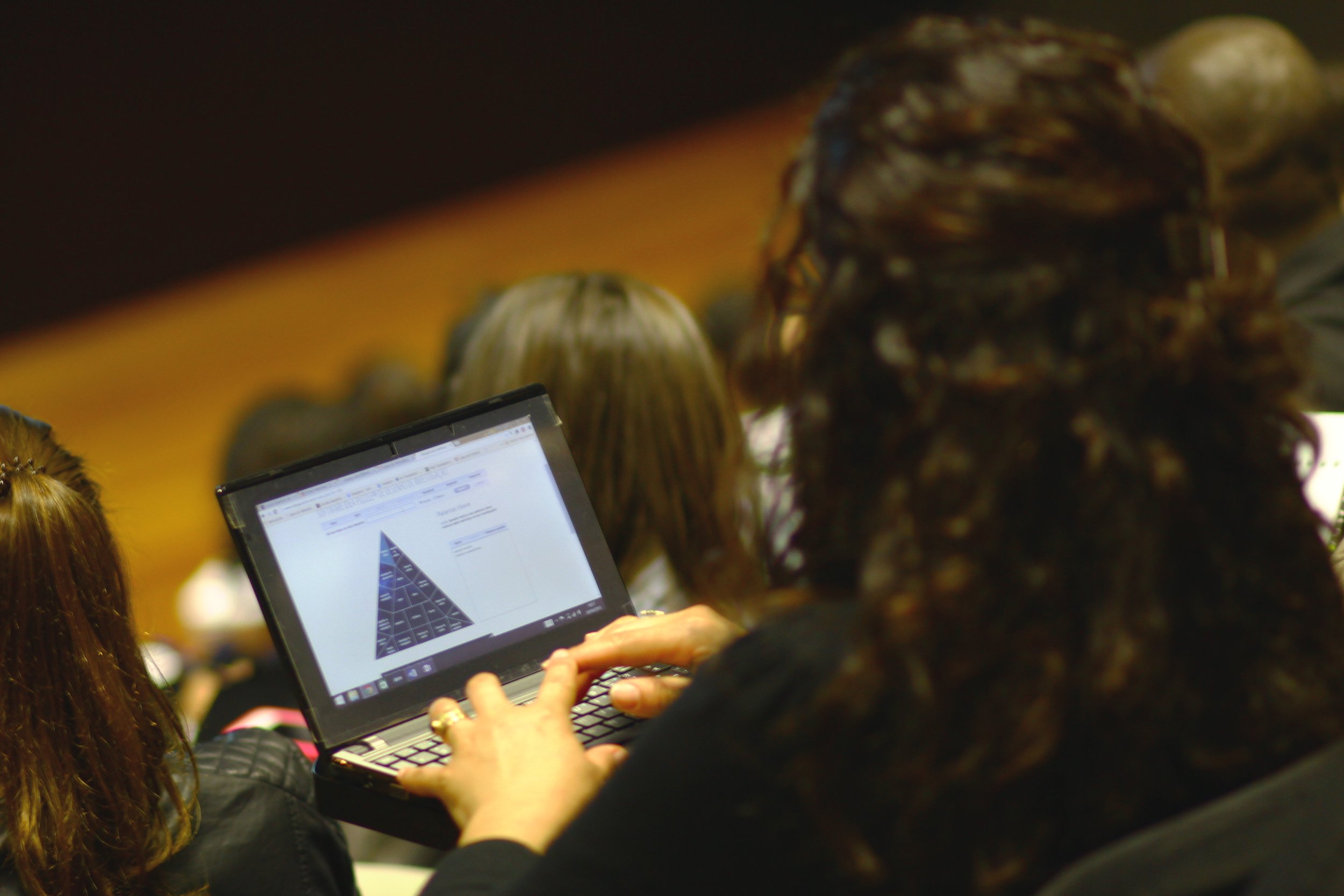


Look candidly at your unfinished project. Is it a stepping stone, and completion will be allow you to move ahead? Or is it an obstacle that prevents you from moving forward? Find ideas to help you determine whether to revive that piece of writing or let it go.